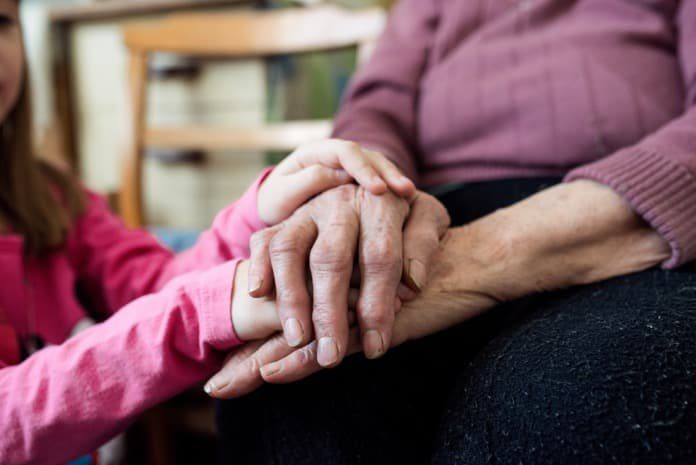A recent review article evaluates the lives of young caregivers of family members who suffer from chronic illness. The article summarizes their personal experiences and the impact of their care.
Young caregivers are children or adolescents who provide care, assistance, or support to family members with chronic illness. These children take over many of the adult responsibilities of the family, including a care-giving or nursing role. Although research has indicated that these children can provide care at any age and that their responsibilities tend to increase with age, there is a lack of understanding in the literature regarding the impact of caregiving on these young people.
More than Half of Young Caregivers Live with Single Mothers
The extent of care that they provide depends on many factors, including the severity of the chronic illness, the family dynamics, family economics, access to outside support, and the process of being socialized into the role of carer. Over half of all young carers live with single mothers who suffer from a somatic chronic illness. Census research has indicated that the proportion of young carers ranges from 2-4% in western countries. However, this number rises with the age of the children.
Benefits and Drawbacks of Being a Young Caregiver
The literature thus far indicates that there may be benefits as well as drawbacks to caring for family members with chronic illness at a young age. Some studies have found that young carers demonstrate a high sense of self-esteem, early maturity, and a close relationship with their parents. Other studies indicate that there may be harm to the physical, psychosocial, and educational development of these children.
In preparation for a German Federal Ministry of Health prevalence study, a recent review was published in the Journal of Compassionate Health Care, summarizing the current body of knowledge about young carers’ lives, paying particular attention to their personal experiences, the impact of caring, and their needs and coping behaviours. The review included data from 25 English or German studies evaluating children between four and 25 years of age, from 2007 to 2017.
Children Caregivers Spent More Time at Home
The study found that many of the children involved in caring for family members with chronic illness were highly involved in their care, and consequently spent the majority of their time at home. The studies indicated that the children tended to conceal their role of caregiver from others, including extended family members, not wanting to be identified as different, or as “young carers”. These children were more likely to be female and were also more likely to be caring for female parents. The young carers did not feel that they had a choice regarding whether to provide care and provided care for several hours each day.
Social Lives Impaired
The result was that their social lives were markedly impaired. The pervasive theme found in these studies was that these children wanted to be “normal”. The children consistently expressed a desire for professional support to adequately support their family members.
Reluctance to Seek Professional Help
A pervasive theme for these families was the need for more outside support. Many of the families, however, were reluctant to seek professional help out of a fear of being forcibly separated. The study showed that if the family is afraid that their situation would be criticized, or worse, their family torn apart with the forced removal of the children from the family, they are more apt to conceal their situation, thereby avoiding much needed outside help. Financial assistance was also identified as a universal need for these families with chronic illness.
Based on the results of this review, the authors recommended situation-specific, needs-based, and service-oriented support for families with chronic illness. The authors recommend three strategies to assist these families.
- The German Child Welfare Association should initiate regular workshops in schools on the subject of “young carers” to develop empathy among teachers and to prevent stigmatization among peers.
- Health professionals should be educated and sensitized to these situations, aiming to develop a trusting relationship with these young carers and their chronically ill family members, in order to facilitate individualized solutions.
- All caregivers of young carers should work to make sure that the familial life of these children is balanced with an age-appropriate social life.
In summary, the subject of young carers has increased in prominence over the past 15 years within the international scientific community. There are still many knowledge gaps that need to be addressed, including more information on the impact of specific illnesses, the impact of mental illness, and the gender disparity found in young carers.
The authors encourage professionals to provide appropriate supports and interventions when necessary, considering a family-oriented perspective to problem-solving. Child welfare professionals and education professionals as well are encouraged to adopt an empathetic approach to families with chronic illness.
Written by Lisa Borsellino, B.Sc.
Reference: Chikhradze, Nino, Christiane Knecht, and Sabine Metzing. “Young carers: growing up with chronic illness in the family-a systematic review 2007-2017.” Journal of Compassionate Health Care 4.1 (2017): 12.



